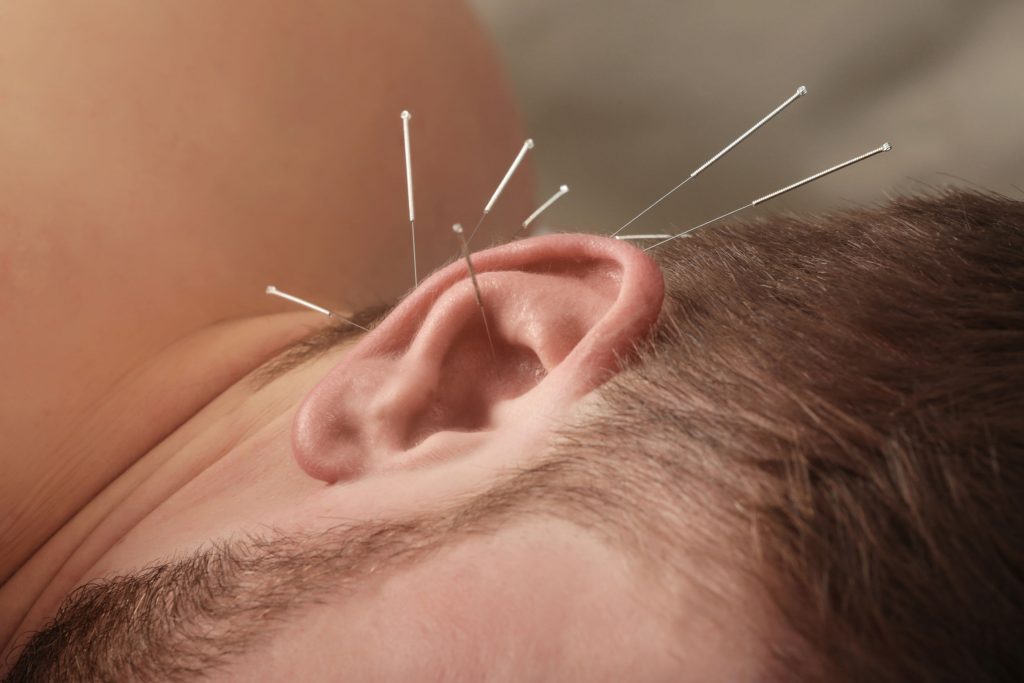Can Acupuncture Help My Insomnia?

Acupuncture, traditionally a Chinese medical practice, has been recognized by the U.S. National Institutes of Health (NIH) as a treatment option since 1997. As increasing numbers of American citizens turn to acupuncture for therapy, medical science is studying the effects of acupuncture and attempting to determine how it works. More and more evidence, both anecdotal and scientifically collected, points to acupuncture as a useful treatment for insomnia.
If you’ve had trouble sleeping for years, it can be hard to get excited about one more treatment possibility. But acupuncture may be the solution you’ve been looking for. Here’s how it works, and what it can do for you.
What is Acupuncture?
Acupuncture is practiced in traditional Chinese medicine. The theory behind acupuncture is the existence of qi, or chi, an invisible energy that flows throughout the body as a balance of yin and yang. When qi is unbalanced or the flow of energy through the bodily systems is blocked, the theory goes, pain and illness thrive. Acupuncturists use needles placed at key points along the body to balance qui and remove blockages.
The Theory Behind Acupuncture
Traditional practice asserts that there are pathways in the human body, called meridians, along which qi travels. It is these meridians that must be successfully managed to promote healing and pain relief. As blood flows through our veins, so qi flows through our meridians. A blood clot or clogged artery is a medical danger; so too is a blockage in the meridian system.
Acupuncture and Insomnia
Studies have shown some hard data connecting acupuncture treatments to insomnia relief. A 1995 insomnia article published in Psychiatry and Clinical neurosciences actually claims that acupuncture treatments can be effective for 90% of insomnia cases.
A 2003 sleep research literature review found multiple studies suggesting the efficacy of acupuncture as an insomnia treatment. A separate 2007 literature review found support for auricular (ear-based) acupuncture in particular for insomnia. Both peer-reviewed articles stressed the need for further, more rigorous testing to support their preliminary research.
Different acupuncture treatments may be required depending on your particular sleep problems—night time waking vs. trouble falling asleep, for example. Only a trained acupuncture provider can help you determine the proper treatment for your unique situation.
Things To Consider
Acupuncture may be effective after a single treatment, or may take months of steady work to produce lasting results. Talk with your provider to decide on a treatment plan, and don’t be discouraged if the very first treatment doesn’t yield a perfect night of sleep.
Tell your doctor about your acupuncture treatments. Filling in your physician on everything you do to maintain your health may be one of your best tools for creating a holistic, well-rounded treatment plan that considers all options and produces concerted results.


